Parliament continues extraordinary session
The Serbian parliament is continuing its extraordianry session, which will begin with MPs asking questions.
Tuesday, 15.06.2010.
13:20

The Serbian parliament is continuing its extraordianry session, which will begin with MPs asking questions. After the question and answer session, MPs are expected to continue with debate of the changes and additions to the National Bank of Serbia law, which is designed to secure more independence in the work of the central bank, the government said. Parliament continues extraordinary session The changes to the NBS law call for the governor to be elected by parliament on the state president’s nomination for a term of six years. According to the current law, parliament's finances committee picks the candidate for governor. The Executive Council of the bank would be taking over the authorities of the Monetary Board, confirm and implement monetary and foreign currency policies, and have the obligation of passing regulations in the field of controlling and monitoring the work of the NBS and in deciding on giving an taking away licenses for the work of the financial institutions. The draft also looks to define the property of the NBS, as well as the way in which its income is distributed and its debts are covered. The ruling coalition announced that it would support the draft, while the opposition parties criticized it, stating that it would lead to a “politicization of the central bank”. The Serbian parliament (Beta, file)
Parliament continues extraordinary session
The changes to the NBS law call for the governor to be elected by parliament on the state president’s nomination for a term of six years.According to the current law, parliament's finances committee picks the candidate for governor.
The Executive Council of the bank would be taking over the authorities of the Monetary Board, confirm and implement monetary and foreign currency policies, and have the obligation of passing regulations in the field of controlling and monitoring the work of the NBS and in deciding on giving an taking away licenses for the work of the financial institutions.
The draft also looks to define the property of the NBS, as well as the way in which its income is distributed and its debts are covered.
The ruling coalition announced that it would support the draft, while the opposition parties criticized it, stating that it would lead to a “politicization of the central bank”.










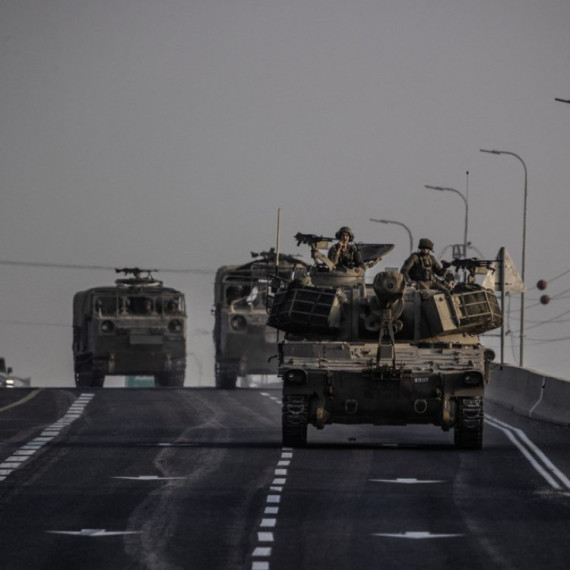
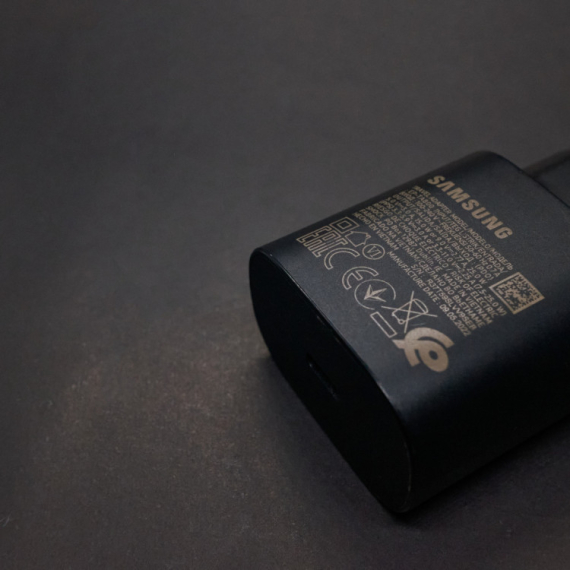
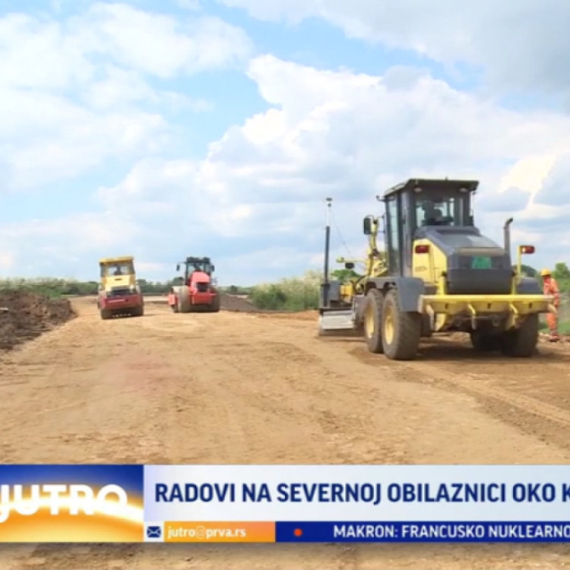




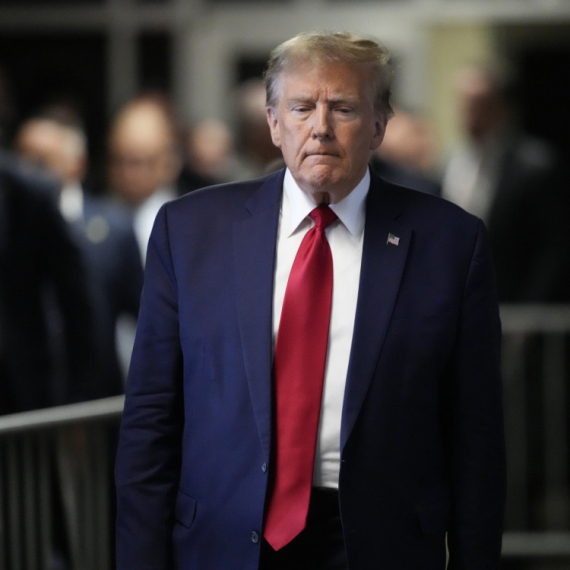

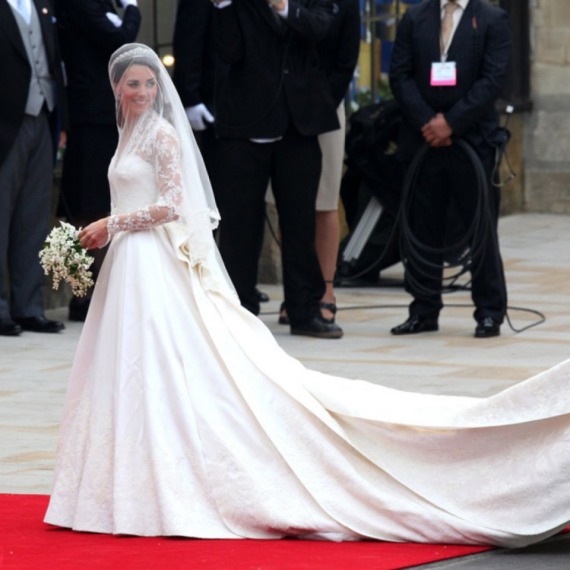


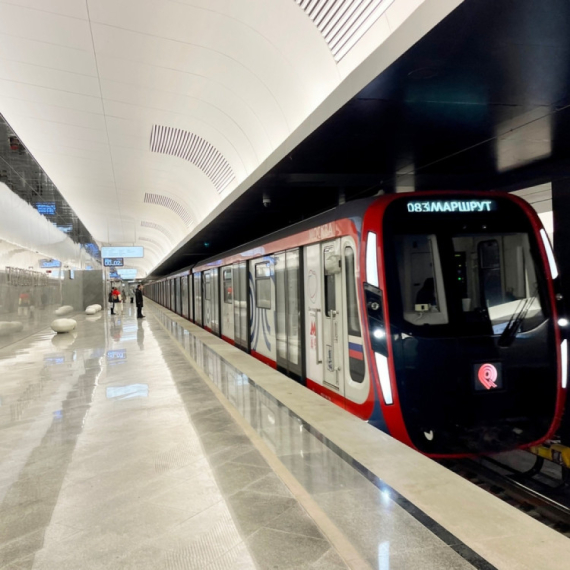




















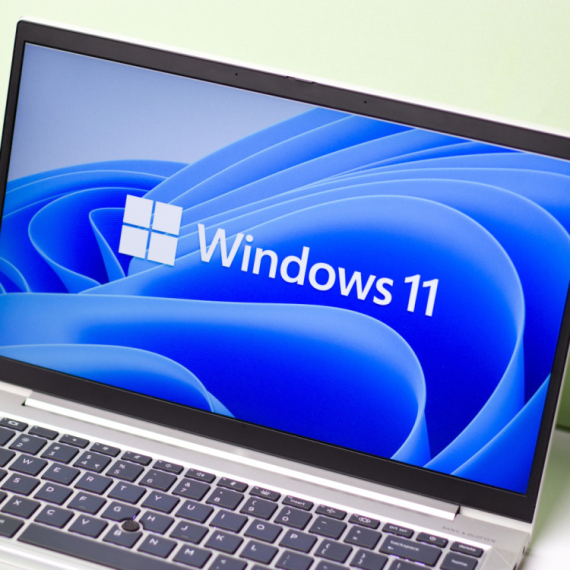




Komentari 1
Pogledaj komentare